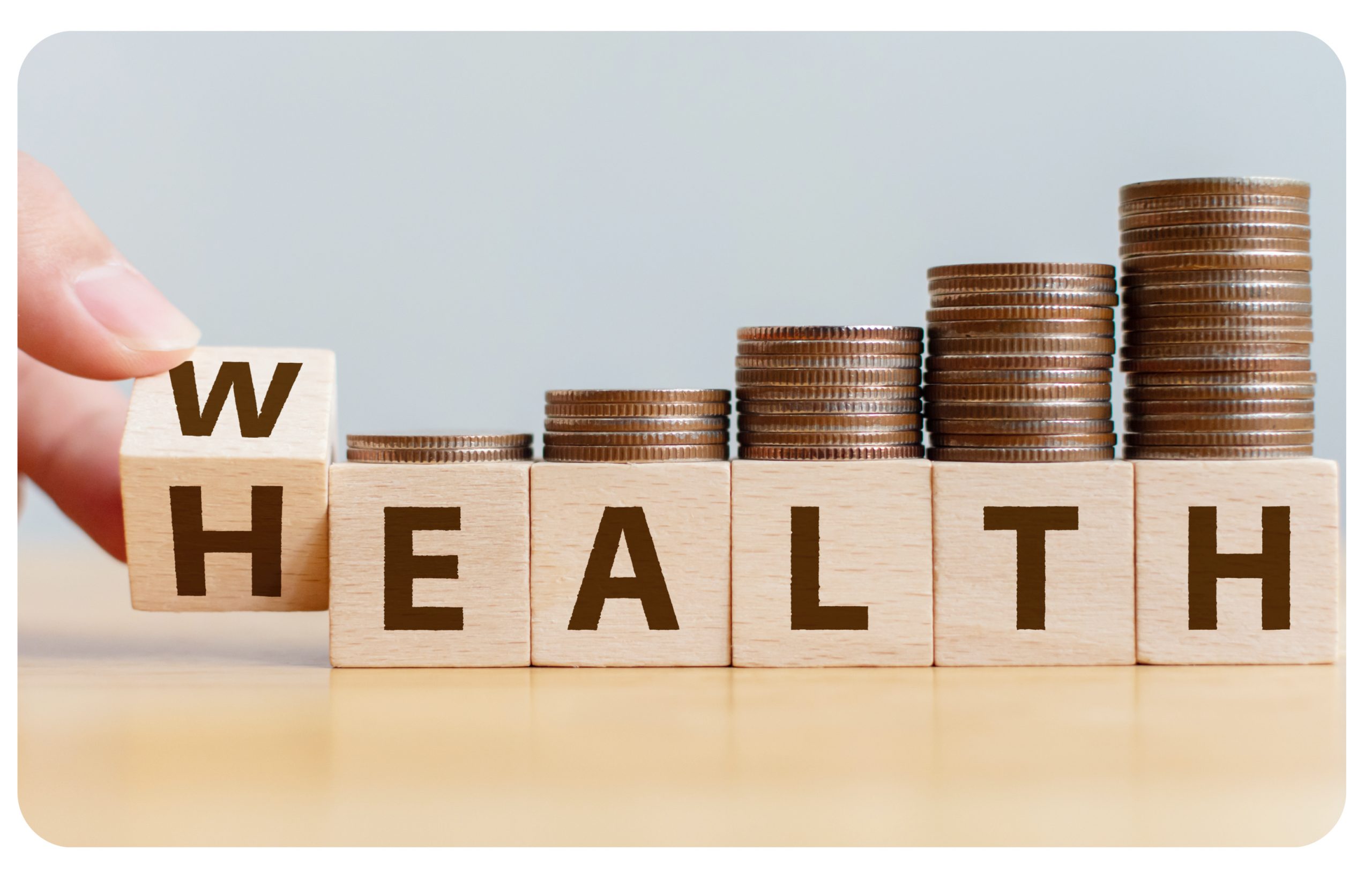By Martha Harris Myron
This time of pandemic has been a great challenge, and an amazing testament to our mental, physical, emotional, and spiritual strength to carry on toward a new normal.
No matter our community outcome of this challenge, it is always helpful to assess where you are in your personal life.
Being financially healthy means that you are in harmony with your relationships in work, retirement, family, relatives, community, and your money.
In other words, you must take care of you first before you can take care for others!
The general financial components of a financial health review are:
Cash management
o Do you have enough cash savings to draw on?
Advisors recommend three-six months of current expenses, however, in this current environment, a year of savings is a more comfortable goal, particularly if your extended family needs assistance.
Is it easily accessible?
o Do you keep some cash at home in a safe place?
We won’t quickly forget the Friday blackout where digital cash and credit was unavailable while old-fashioned ordinary cash worked.
Debt management efficiency
o Do you still carry debt?
o What is your percentage of good debt and bad debt?
Appreciating assets are low interest rate borrowings: home, education, vehicle, etc.
Bad debt is using high interest rate credit cards to purchase ordinary household items, food, etc.
o Can you reduce or eliminate bad debt payments?
Risk / contingency planning
o Life insurance – Do you own any?
Struggling to pay premiums on a life policy? Rather than cancelling the policy, can you convert to a term policy to keep the protection with a lower cost?
o Property insurance – Carry as much replacement value coverage as you can afford.
Remember Hurricane Fabian – 50% island of our island roofs were covered in blue tarps!
o Health insurance – A valuable benefit if employed. Challenging cost if unemployed.
Do yourself a favour to protect yourself as best you can. Start now to work hard to maintain good physical health. It will place less demand on your valuable resources.
Asset appreciation in investments, tangible property, and your human capital
o Investments – are they diversified enough?
Stressful personal financial times don’t support investing in highly volatile securities, e.g. penny stocks, bitcoin, or large amounts in one security.
o Your pension should have same thought process – diversified.
If still working, put away that voluntary one-two percent, you will never miss it – and it will be welcome extra cash at retirement.
o Real estate may be your biggest life-time investment. Make it a premium goal to pay off your mortgage before retiring, before any other investing!
o But your human capital is an even greater appreciating investment. It lasts forever – no matter how dire your circumstances. Keep up life-long learning and continuing education to further enhance your problem-solving skills.
Your estate legacy
o Check pension and life insurance beneficiaries, executing a will, and correct titling on all assets – make sure they reflect your wishes!
Achieving equilibrium in your financial health can lead to powerful changes in confidence, better family and personal relationships, significant career successes, and a more comfortable retirement.

